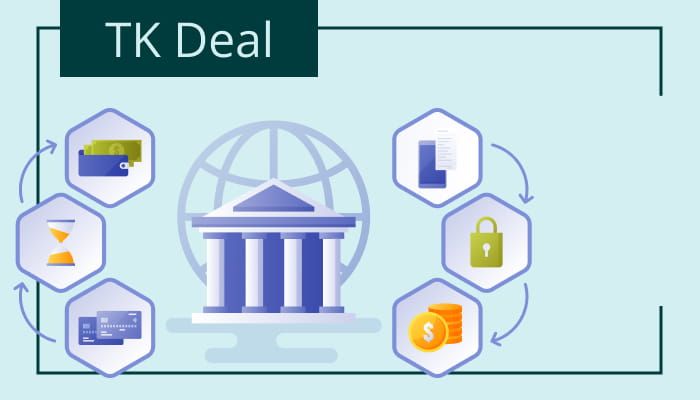Processing refers to the activity of handling information used for conducting payments. Typically, this is carried out by institutions known as processing centers (responsible for processing transactions involving plastic cards) and payment service providers (offering customers the ability to make electronic payments in various ways). Usually, within a payment system, a comprehensive processing complex is established to handle numerous transactions. Obtaining a license for payment processing is a fundamental requirement without which the described activity is not possible within the framework of the law.
Regulatory bodies of states establish their own definitions for processing institutions, but among all the attributed properties, the following can be highlighted:
- The institution provides a service, facilitates the acquisition of goods or services, and payment of bills.
- It operates in accordance with the laws regulating financial institutions.
- The provision of services is carried out in accordance with an official agreement.
- The enterprise's agreement must be at least with the entity that provides goods or services and receives funds.
Common types of payment processing licenses
Common types of licenses for payment processing include:
- API License (Authorized Payment Institution License) or PI License Payment Institution License: This license allows an institution to provide financial services, open accounts, transfer funds between accounts, withdraw funds from accounts, and so on.
- EMI License Electronic Money Institution License: This license permits the issuance of electronic money, opening accounts, and engaging in activities similar to banks, excluding the ability to provide credit.
- MTL License (Money Transmitter License) or MSB License Money Service Business License: This license enables the receipt of money or any monetary value for the purpose of subsequent transmission.
How to obtain a payment processing license?
Services for payment processing are provided within the jurisdiction where the company is registered. Therefore, to conduct business in providing financial services, it is necessary to approach the competent regulatory authority in the chosen jurisdiction.
A company applying for a license for processing must have a good understanding of the relevant subject, an impeccable reputation, and knowledge and experience in the field of payment processing.
It is important to emphasize that each country has its specific requirements that the company and its founders must adhere to in order to obtain a processing license. In general, the following conditions can be highlighted:
- Open a corporate account in a bank and contribute the authorized capital.
- Prepare the necessary documentation.
- Pay the government fee for the processing of the application.
- Submit the documents to the competent government agency.
General requirements for a payment processing license
The usual list of documents typically includes:
- Company bylaws and organizational structure description.
- Detailed business plan.
- Reference information about the founders of the company, directors, and key personnel.
- Confirmation of the impeccable reputation of key personnel.
- Description of measures to protect client funds.
- Description of anti-money laundering control measures.
- Confirmation of the office address.
- Recommendations from banks or other relevant institutions.
It should also be noted that obtaining a license may depend on factors such as:
- Whether a similar license or another license issued by the competent authority has been revoked in the past.
- Whether the company or key personnel have been involved in any legal violations, especially in cases of fraud, money laundering, and financing of illegal activities.
The cost of the processing license, the amount of government fees, and the required capital can vary in each specific jurisdiction and should be clarified with the licensing authority.
Commentary:
Electronic payments are truly significant for the normal functioning of the modern world. A high-quality processing system allows for the acceleration of fund movement, increased sales volumes, and simplification of the lives of many business entities.
We would like to draw your attention to the fact that this article is informative and published for educational purposes. It should not be considered as legal advice. Obtaining a license for payment processing involves familiarizing oneself with the relevant regulatory documents of the jurisdiction under consideration, taking into account the specifics of the project, and the commercial considerations of the potential license holder.
Closing Statement:
You can discuss any questions related to the topic of the article during a consultation with TKDeal's staff. Additionally, our company specialists also provide services to assist during the registration of a company for financial activities and the application for a processing license.




 How to get a banking license
How to get a banking license  Obtaining a cryptocurrency licence
Obtaining a cryptocurrency licence  Navigating cryptocurrency exchange registration in 2026
Navigating cryptocurrency exchange registration in 2026  EMI licensing
EMI licensing  Countries with no dividend tax
Countries with no dividend tax  Choice of jurisdiction for registration of an IT company
Choice of jurisdiction for registration of an IT company  The best countries to register a small business
The best countries to register a small business  Top countries to open a company in Asia in 2026
Top countries to open a company in Asia in 2026  Launch of a crowdlending platform
Launch of a crowdlending platform